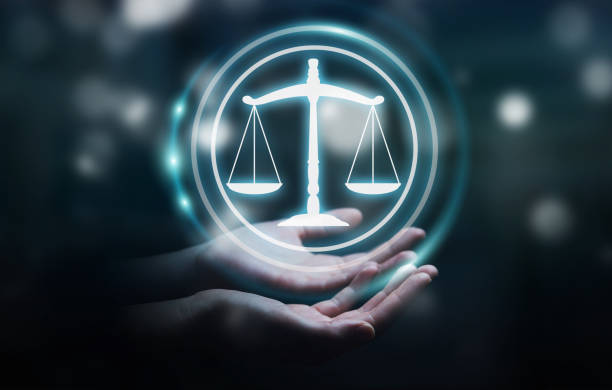The Intricacies of Digital Copyright Law in the 21st Century
In the age of fast-paced technological advancements, the landscape of digital copyright law has become an increasingly challenging and complex field. This article delves into the development of digital copyright laws, the current legal challenges, and the potential societal implications of these laws.

The Genesis of Digital Copyright Laws
In the early years of the internet, copyright laws were ill-equipped to handle the new challenges posed by the digital age. The first significant step towards addressing this was the introduction of the Digital Millennium Copyright Act (DMCA) in 1998. The DMCA served as an amendment to the existing U.S. copyright law, aiming to adapt to the digital era’s challenges. It addressed important aspects like anti-circumvention measures and online service provider liability.
Recent Developments and Legal Challenges
As technology evolves, so do the challenges associated with digital copyright law. One of the major issues currently faced is the tension between fair use and copyright infringement. While fair use allows limited use of copyrighted material without permission, defining what constitutes ‘limited use’ in the digital space can be complex. Another contentious issue is the rise of deepfakes and their potential violation of copyright laws.
The Societal Implications of Digital Copyright Laws
The enforcement of digital copyright laws has far-reaching implications for society. On one hand, these laws are essential for protecting the rights of creators from unauthorized use of their works. On the other hand, overly restrictive copyright laws could potentially hinder creativity and innovation. Balancing these two aspects is one of the key challenges in crafting effective digital copyright laws.
The Road Ahead: Future Perspectives on Digital Copyright Law
The digital copyright landscape is expected to continue evolving in the coming years, driven by technological advancements and shifting societal norms. Issues such as artificial intelligence-generated content and blockchain technology’s role in copyright enforcement are emerging as key areas of interest.
Conclusion
As we navigate the digital era, understanding the nuances of digital copyright law becomes critical. The challenge lies in adapting to technological advancements while balancing the rights of creators and the freedom of the public. As such, the evolution of digital copyright law will be an intriguing area to watch in the coming years.




